School of Teaching & Learning
Graduate Seminars for Summer and Fall 2024
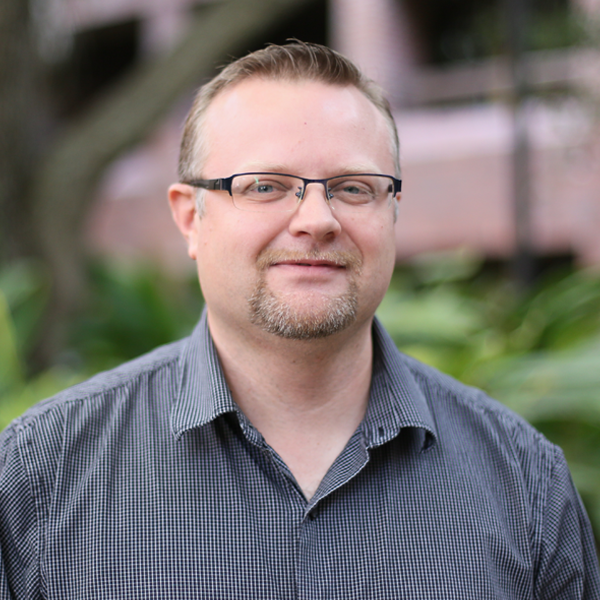
Dr. Pasha Antonenko
Tuesdays and Thursdays 5-7
Developing effective grant writing skills is essential to acquire funding from increasingly competitive government agencies and private and corporate foundations. Grant writing is particularly important for emerging scholars looking to secure tenure-track lines at colleges and universities. This course will provide students with the skills and knowledge to seek, solicit, receive, and manage grant awards to support programs and projects. Students will select a target funding program and begin to develop a compelling grant proposal. Additionally, students will experience the grant review process and receive feedback on their grant ideas.
Mondays:

Dr. Pasha Antonenko
Mondays, 4-6
This graduate seminar focuses on the neuroscience frameworks and technologies that are gaining popularity in educational research as a way to supplement traditional assessment and self-reported data. We will be reading and discussing seminal conceptual and empirical research linking attention, cognition, emotion, and learning, and will collect and analyze data using such neurotechnologies as eye tracking, Electroencephalography (EEG), galvanic skin response (GSR), heart rate variability (HRV), and functional magnetic resonance imaging (fMRI). Students will work in teams to design a study that will be written up as an IRB application.
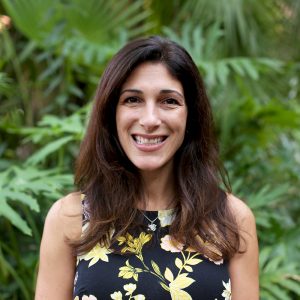
Dr. Julie Brown
Mondays, 4-6
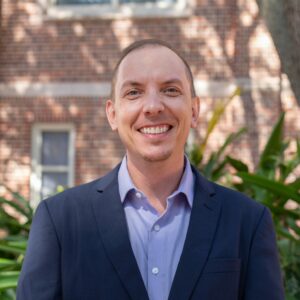
Dr. David Herman
Mondays, 9-11
This course is designed to deepen your understanding and further your exploration of issues of culture and communication, as well as the social realities that impact all students in educational settings. As classrooms become increasingly diverse, educators must develop what Bennett (2003) calls “multicultural competence, the process of becoming conscious of your own as well as other cultural perspectives as a foundation for informed cross-cultural interactions” (p. 14). In addition, the world we live in is dynamic and increasingly global and diverse. This course will address issues of linguistic and cultural diversity in the context of Florida, the United States, and the global world in which we live.
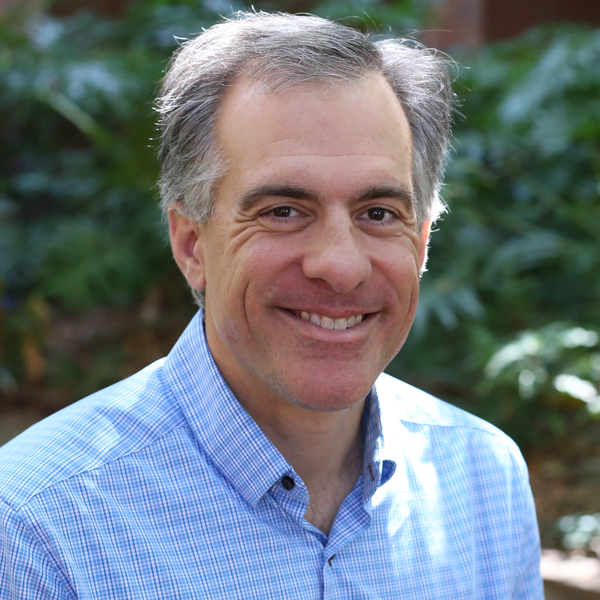
Dr. Sevan Terzian
Mondays, 9-11
This course aims to provide introductory experiences and orienting frameworks for new doctoral students in the School of Teaching and Learning, with a particular focus on what it means to be a scholar of curriculum and instruction and a researcher in this field.
Tuesdays:
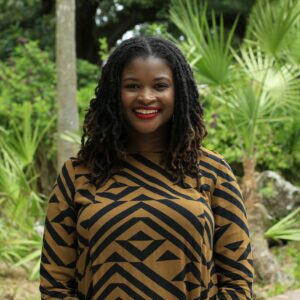
Dr. Taryrn Brown
Tuesdays, 3-5
This graduate seminar offers an in-depth exploration of Black girlhood through an interdisciplinary lens. Through a rigorous examination of theories, methodologies, and analytical approaches, students will delve into the multifaceted nature of Black girlhood as both a developmental stage and a complex interplay of public and private performance. We will interrogate the duality of Black girlhood, navigating the realms of risk and resilience to uncover how it is experienced and evaluated across various contexts, including families, schools, communities, mass media, and broader societal structures. By analyzing a diverse array of academic texts, film, media, poetry, novels, art, and music centered on Black girls, students will critically engage with the cultural, social, psychological, and political constructions of Black girlhood, both within the United States and on a global scale. This seminar aims to equip students with a nuanced understanding of Black girlhood that transcends conventional boundaries, fostering deeper insights into identity, agency, and empowerment.
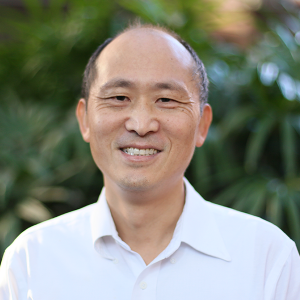
Dr. Zhihui Fang
Tuesdays, 4-6
This course is designed to enhance the capacity of graduate students from all academic disciplines to write for academic purposes. It discusses key genres of academic writing, common rhetorical moves associated with each genre, essential skills needed to write these genres, and linguistic resources and strategies that are functional and effective for performing these moves and skills. A key focus of the course is on exploring how language can be used, across genres and disciplines, as a creative resource to present information, organize text, sharpen focus, create discursive flow, infuse points of view, develop argument, incorporate other people’s ideas and voices, and engage readers. The course also provides tips for, as well as an insider’s perspective on, building a successful career in academic writing and scholarly publishing.
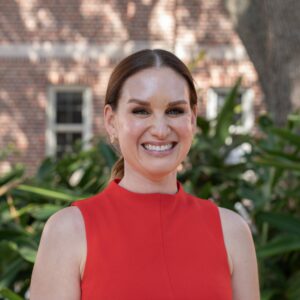
Dr. Sara Smith
Tuesdays, 9-11
This graduate level seminar will explore foundational issues in teaching, research, and learning at the intersection of language and literacy. The seminar is designed to give a broad overview of the research landscape, while helping students develop critical practices relevant to literacy and language teaching and research.
Wednesdays:

Dr. Sevan Terzian
Wednesdays, 8-10
This graduate course surveys the history of education in American society. Where did American schools come from and why? How have various generations of Americans educated their children? In what ways have conflicts over schools informed broader issues pertaining to race, gender, socio-economic status and culture? In investigating these questions, we pay particular attention to the purposes and values of public schools from the time of their founding in the mid-19th century through the 20th century. We are also encouraged to consider how our historical understanding can inform how we make sense of enduring problems in American education.
Thursdays:
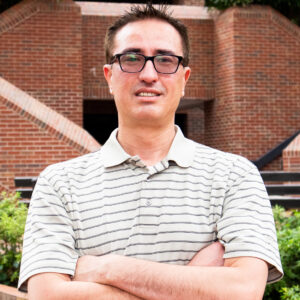
Dr. Albert Ritzhaupt
Thursdays, 5-8
This course is an introduction to the application of systematic review and meta-analysis to educational research. Topics include an introduction to systematic reviews, the benefits and criticisms of systematic reviews and meta-analysis, a review of descriptive and inferential statistics, effect sizes (e.g., d, g, r) , conversions among effect sizes, measures of precision (i.e., s2, SE, and CI), fixed-effect and random-effects models , forest plots, heterogeneity (i.e., Q, I2, Ƭ2), subgroup analyses, meta-regression, addressing complex data structures, and publication bias. Students will propose, negotiate, and execute a full, appropriately scoped meta-analysis addressing an educational problem in small teams.
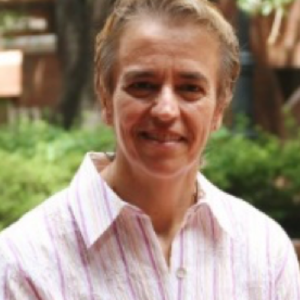
Dr. Vicki Vescio
Thursdays, 9-11
Who determines what and who is deemed worthy in society? What is the impact on those who are considered worthy and those who are not? And, what is the role of schools in communicating these messages? Critical pedagogy provides an ideological lens and practical tools for examining and [re]visioning school structures, processes, and practices that advantage some students and disadvantage others. The critical perspective begins with the assumption that educational equity is not a reality in U.S. schools. It is based on the commitment that all educators must work to realize what needs to be “uncovered” to make schooling a more socially just endeavor. This course explores these key issues and more in education (and beyond) as we attempt to engage in creating individual and collective pathways to equity and social justice.
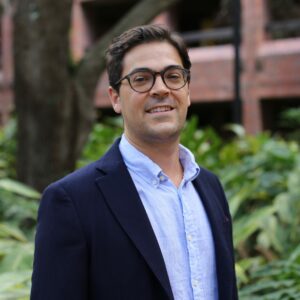
Dr. Mark Pacheco
Thursdays, 9-11